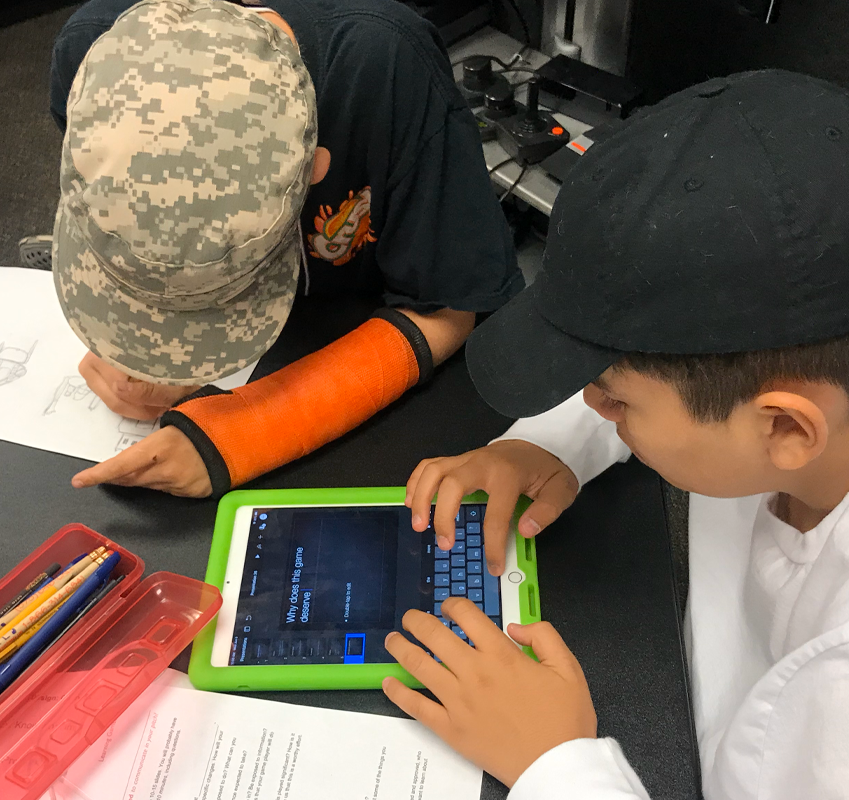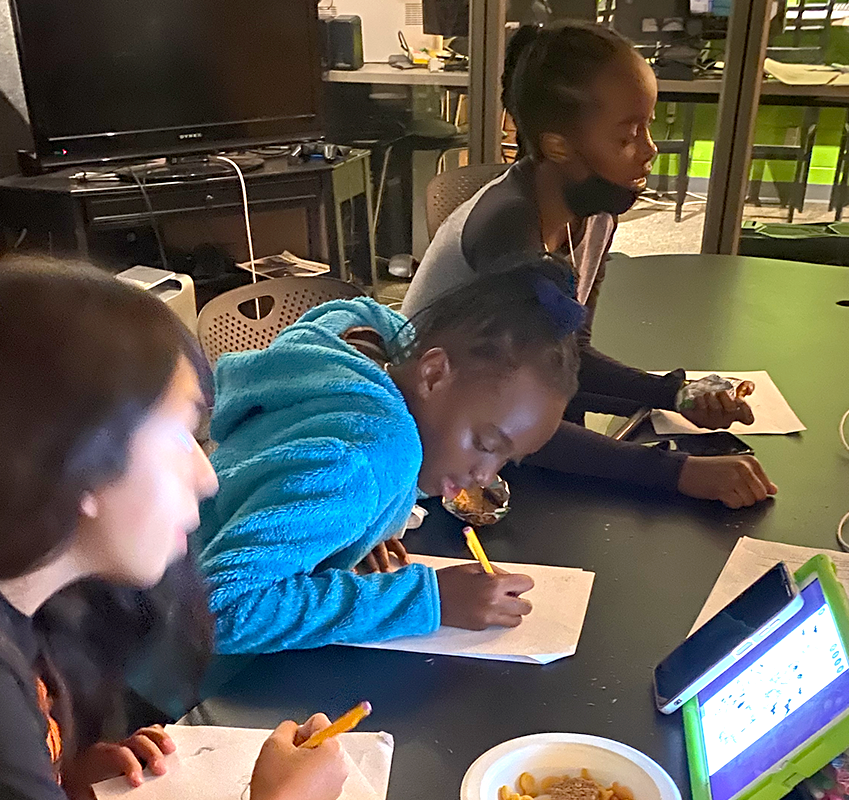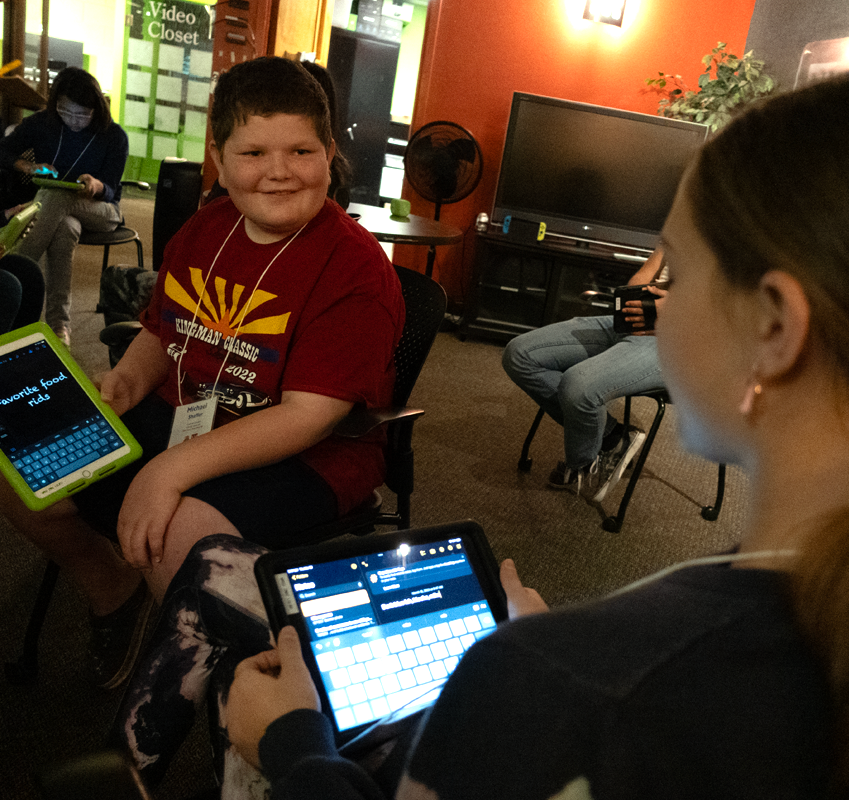Central Learning Theories
The Learning Games Lab team applies constructivism, culturally responsive practices, and Universal Design for Learning (UDL) principles to when implementing Think Tank sessions. Summaries of each theory with examples of how they applied to the Toolkit are presented below. Each theory is hyperlinked to resources, which offer further information about the theory.
Constructivism and Social Constructivism

Constructivism and social constructivism have been integral approaches to informing teaching and learning practices. This means educators believe youth learn best when they are engaged in experiences through which they can construct their own understanding as well as constructing their learning through interacting with others and their environment.
Application to Toolkit
Toolkit activities create learning experiences that are hands-on, reflective, and build on each other. Whether reviewing games and designing game pitches, complete a series of activities that encourage them to apply their knowledge and skills. For instance, with designing a game pitch, youth start with learning about the Transformational Design Framework. Then they complete a series of activities that require them to apply their knowledge about this framework, such as storytelling and changing rules of games, before completing the game pitch and prototype.
Culturally Responsive Education

Culturally responsive education is a strength-based approach to teaching and learning that: uses students’ knowledge, experiences, cultures, and languages to connect them to learning experiences, and exposes them to accurate information about different people and to diverse perspectives, cultures, and experiences.
Application to Toolkit
Several Toolkit activities prompt learners to enhance their understanding of themselves, their peers, and the connection between their knowledge, experiences, culture, and interests and their game reviews and designs. Some ways this understanding happens are when youth reflect on their gameplay to brainstorm additional categories with peers to create their own game review criteria or collaborate with peers to generate a game idea, which are often informed by their daily experiences, interests, and cultures.
Universal Design for Learning

Universal Design for Learning (UDL) is a teaching and learning framework that recognizes all students have the capacity and desire to learn and offers guidance on constructing learning opportunities to provide multiple ways to engage in content, represent information, and demonstrate learning.
Application to Toolkit
Toolkit activities offer different ways for youth to critically review games and engage in design activities, like pitching a game. Educators vet digital games for a variety of reasons, such as learners’ grade level, accessibility, and character diversity, prior to use in Think Tanks and scaffold the game review and design processes over multiple activities. The activities provide options for them to express their perspectives and contribute to a game pitch based on their strengths and ways they demonstrate learning.
